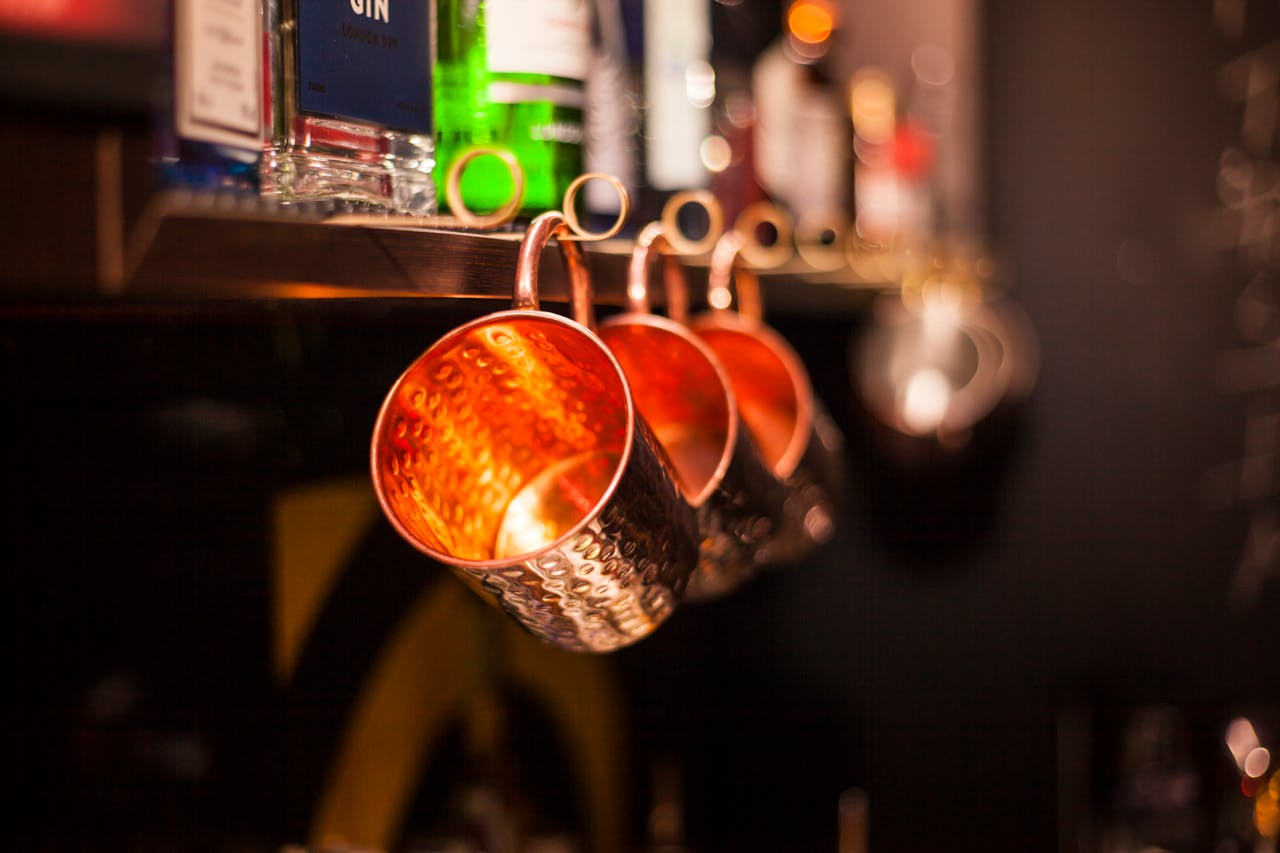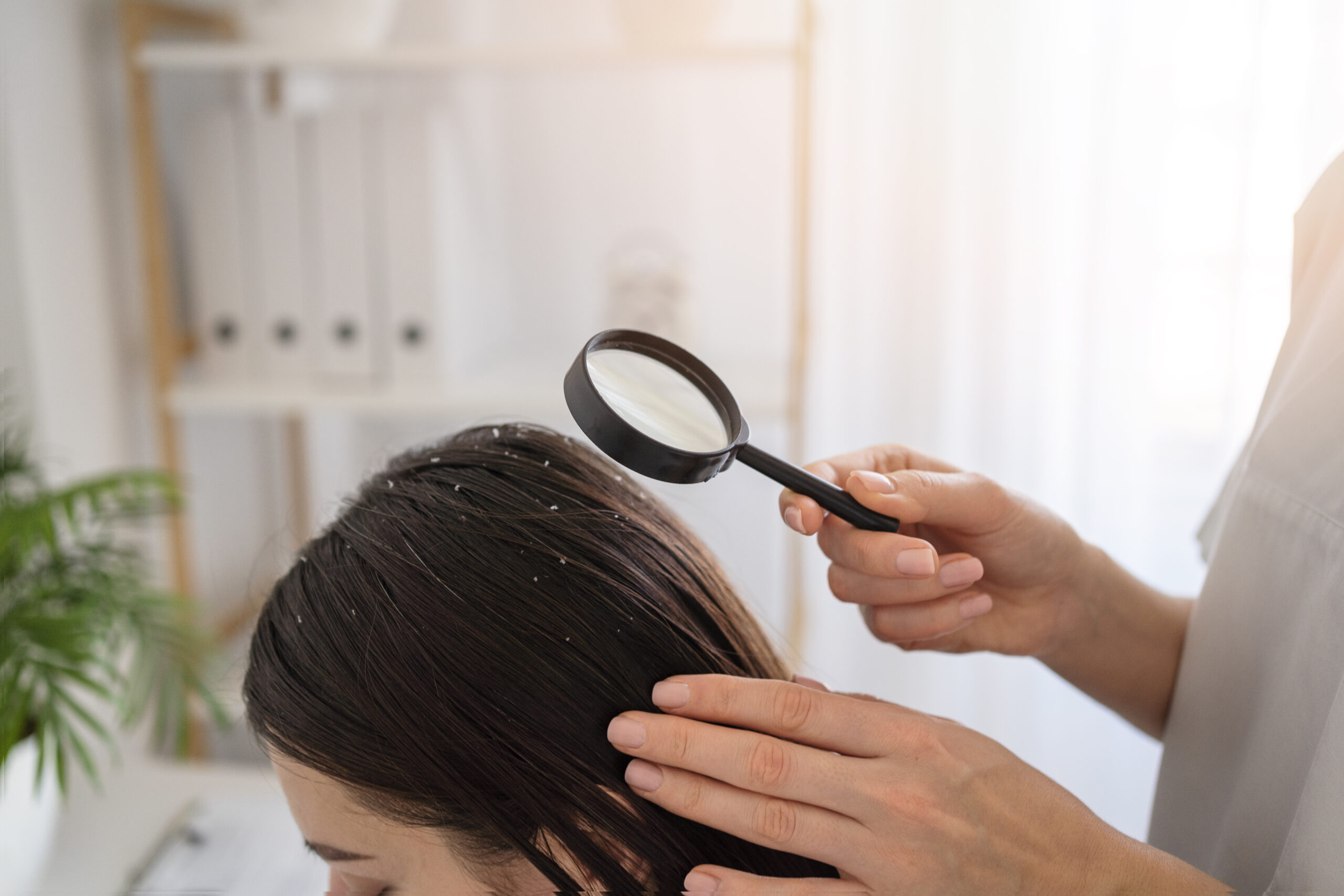Introduction:
Copper bottles have gained popularity for their health benefits, such as purifying water and improving digestion. However, there are significant disadvantages of copper bottles when it comes to consuming certain beverages. While drinking water from copper vessels can be beneficial, consuming acidic drinks or dairy products in them can lead to toxic reactions. In this post, we’ll explore the potential risks of drinking unsuitable beverages from copper vessels and why it’s important to avoid them.
Table of Contents
1. The Benefits and Risks of Using Copper Bottles:
Copper bottles are widely used due to their ability to purify water, boost metabolism, and aid in detoxification. However, these advantages come with limitations, especially when used with particular types of liquids. Here’s a brief overview:
- Benefits:
- Purifies water naturally by killing harmful microbes.
- Helps balance the body’s pH levels.
- Supports digestive health and liver function.
- Risks:
- Certain drinks can react with copper, releasing toxic compounds.
- Prolonged consumption of such beverages can lead to severe health problems.
2. Avoid Drinking Dairy-Based Beverages from Copper Bottles:
While copper vessels offer various benefits for water, they should never be used for storing dairy products like buttermilk or milk. Dairy, when in contact with copper, causes a chemical reaction that can lead to digestive issues such as nausea, bloating, and even food poisoning.
- Why Avoid Dairy in Copper Bottles?
- Copper reacts with lactic acid in dairy, making the beverage harmful for consumption.
- Long-term exposure to this reaction may cause severe digestive problems and damage the stomach lining.
3. The Danger of Consuming Acidic Drinks in Copper Vessels:
Acidic beverages, like lemon water, orange juice, or tamarind drinks, should not be consumed from copper bottles. The acids in these drinks interact with copper to create toxic compounds that can lead to serious health risks like stomach pain, gas, and even vomiting.
- Drinks to Avoid:
- Lemon water
- Tamarind juice
- Any beverages with citrus or high acidity levels
- Health Risks:
- The acid causes copper to leach into the drink, making it toxic.
- Symptoms like nausea, diarrhea, and in severe cases, vomiting can occur.
4. Why You Shouldn’t Store Fermented Foods in Copper:
Copper vessels are not suitable for storing fermented foods or drinks such as yogurt, pickle, or sauces. Fermented items tend to have a low pH, which triggers a chemical reaction with copper that produces toxins.
- Fermented Foods to Avoid in Copper:
- Yogurt-based dishes
- Pickles
- Fermented sauces
- Potential Health Issues:
- The reaction can cause heavy metal poisoning, leading to fatigue, nausea, and digestive problems.
- Long-term exposure increases the risk of liver damage.
5. How Copper Reacts with Honey and Lemon:
Many people enjoy consuming honey and lemon in warm water, especially in the morning. While this combination is healthy, using a copper glass for this purpose can be dangerous. Lemon’s acidic content reacts with copper, causing toxicity.
- Key Risks:
- Acidic lemon juice corrodes the copper, leading to harmful reactions.
- This can cause gas, bloating, and stomach irritation.
6. Storing Pickles, Mangoes, and Jams in Copper:
It’s important to avoid storing fruits like mangoes or acidic condiments such as pickles and jams in copper containers. These foods contain acids that degrade the metal, releasing harmful substances that lead to poisoning.
- Foods to Avoid:
- Pickles
- Jams
- Mangoes and other citrus fruits
7. Guidelines for Using Copper Bottles Safely:
Copper bottles can still be a healthy addition to your routine, but it’s essential to follow some guidelines to avoid health risks:
- Use Copper Only for Water: Stick to using copper vessels strictly for storing water.
- Avoid Acidic, Dairy, and Fermented Foods: Never store or consume dairy, acidic, or fermented items from copper vessels.
- Clean Regularly: Make sure to clean copper bottles thoroughly to avoid the buildup of harmful toxins.
- Replace When Needed: If the copper bottle shows signs of corrosion, it’s time to replace it to prevent any adverse reactions.
Conclusion:
While copper bottles offer numerous health benefits, they also pose significant risks when used with certain beverages or foods. The disadvantages of copper bottles include harmful reactions with acidic, fermented, and dairy-based drinks. By following proper usage guidelines and avoiding specific beverages, you can continue to reap the benefits of copper bottles safely. Always remember to store only water in copper vessels, and consult with experts if you experience any discomfort after consuming drinks from copper containers.
Photo by Francesco Paggiaro: https://www.pexels.com/photo/selective-focus-photography-of-cups-875773/





